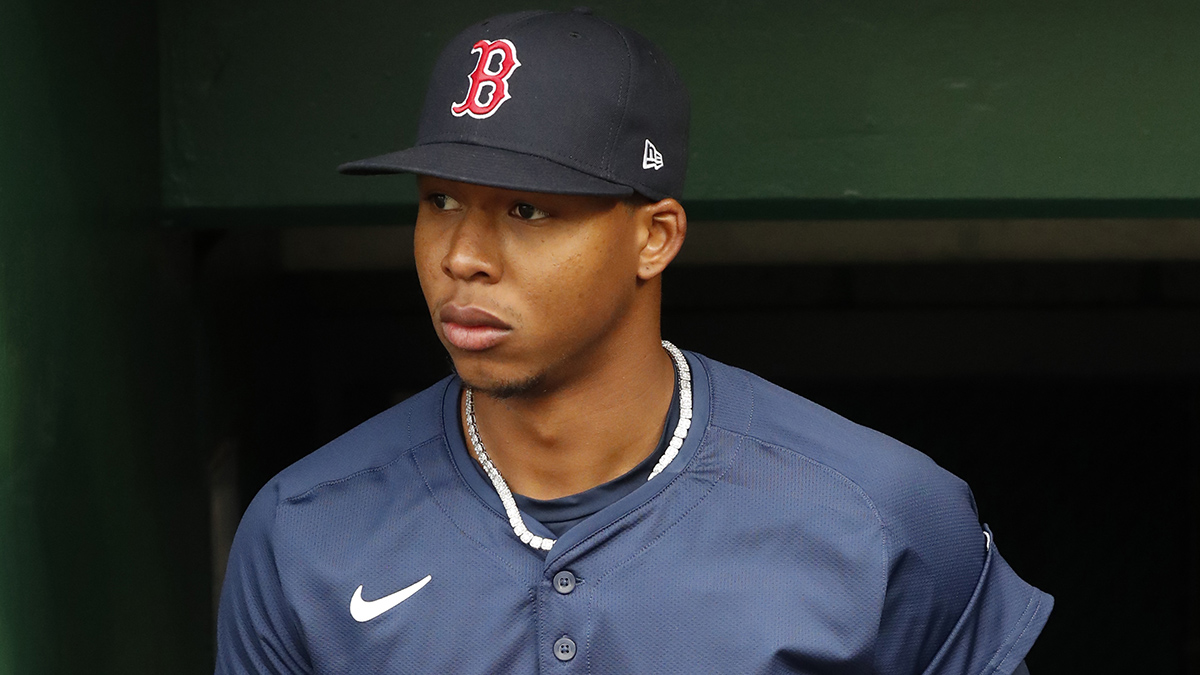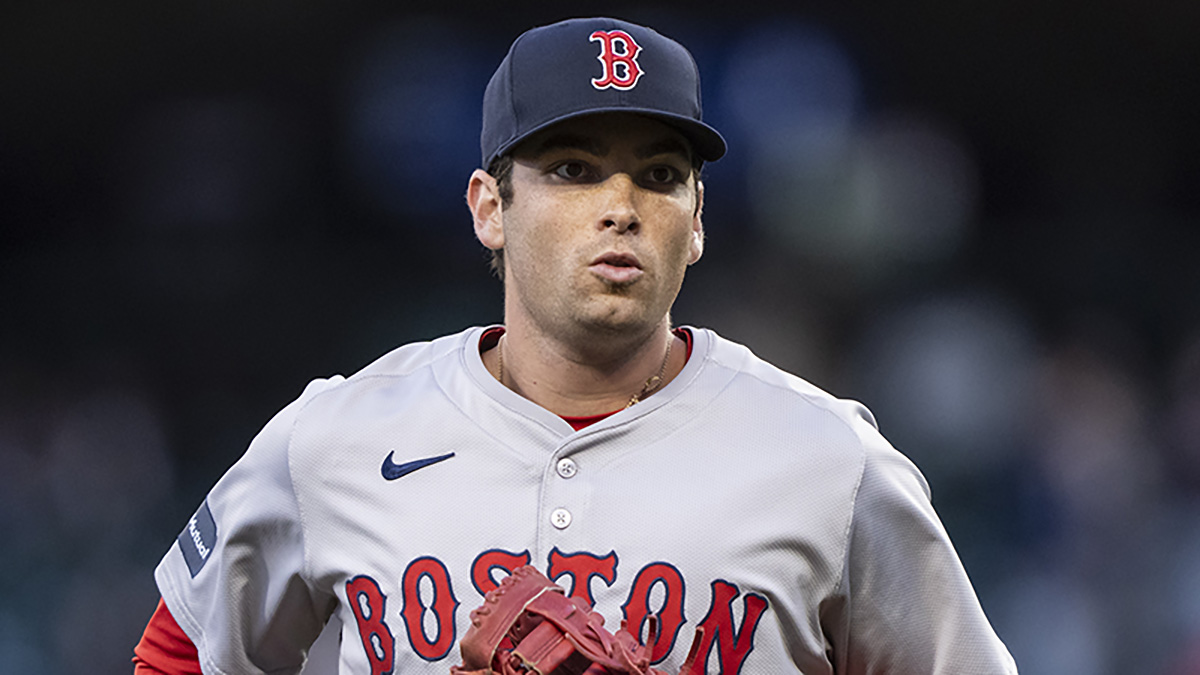LOS ANGELES — Nate Eovaldi does not become an October legend, does not come away as the soft-spoken, triple-digit throwing phantasm who apparently feels no fatigue, if a home run derby decides the game after 14 innings. Eduardo Nunez’s trips, falls and tumbles are not laughed about — once everyone realizes he’s able to continue, of course — if a runner is on second base to begin every frame after the ninth inning.
“When the catcher ran over him, he felt he was in bad shape,” Alex Cora said. “But like I told him, he's like, ‘I'm not coming out.’ I said, ‘Well, you can't come out. We have no more players.’”
That was a choice.
MORE WORLD SERIES COVERAGE:
- The toughest-luck loss of 'em all for Eovaldi
- Kinsler throws away a chance at 3-0 Series lead
- Dodgers miffed that Sox won't reveal Game 4 starter
Fans are in bed earlier if the skills contest begins in the 10th. But a game artificially pushed to an ending will never stick out as one of the wildest nights in baseball history. Not in a way something so bizarre as Game 3 did. An error led to a run in both the top and bottom of the 13th? Wacky gold, even if you were asleep. The conversation endures today and may for many days: how much do you blame Kinsler? No, not him, the offense!
The longest game in postseason history, as measured both by innings (18) and time (7 hours, 20 minutes), is not further proof that the league needs to destroy the possibility of such games altogether. It’s validation of a set-up that forces managers and front offices to make choices for both the present and the future. Enjoyment exists in the unknown of baseball’s unrestricted format, even as it has become easy to mock the lyric, “I don’t care if I never get back.”
Boston Red Sox
Pace-of-play tweaks and other rule changes are needed. To say baseball is too slow is to state the obvious. But there need not be a change to how long a game can actually continue. Even then, a discussion about October games and the regular season should be held differently.
These nights are rare. Eliminating them amounts to a blip on the radar.
Baseball’s staunch re-entry rules indeed mean stars leave permanently night to night — an artificial barrier between the fans and a star player. But the sense of strategy in baseball is centered on taking a shot at an appropriate time. What’s the worst that happens? A no-name player gets a moment in the sun, furthering baseball as the egalitarian sport.
One can wonder whether, for health reasons, it was wisest to ask Eovaldi to throw 97 pitches after he had already given perfect innings in both Games 1 and 2. But that's a question for the Sox, not the format. Everything, from the roster to its usage, was in the team's control.
As a two-time Tommy John surgery recipient, Eovaldi is not a low-risk pitcher. Drew Pomeranz didn’t throw a pitch in the game. Eduardo Rodriguez threw six - that's pitches, not innings. Riding Eovaldi was a choice, one that produced an experience that Rick Porcello said actually moved him to tears: six-plus innings of work and just one earned run, Max Muncy’s opposite-field walk-off shot.
"I actually, after the game was over I started crying because that was — I mean, he's grinding. Every pitch,” Porcello said. “He literally gave everything he had on every single pitch, and it was special. It was a lot of fun to watch. That's the epitome of reaching down deep and I don't know. I'm really proud of him. I'm proud of the way our guys battled tonight. We came up one run short. So be it. We'll be back tomorrow.”
Both teams’ rosters are stretched and tired. Game 3 will have effects far beyond Friday night and Saturday morning. If baseball ever sought to limit the length of a game, it would be tapering the conversation around those moves needlessly.
Cora chose to go all-in, Dave Roberts chose to be more conservative. Let such positions continue to be taken. Games move too slowly. Friday night-into-Saturday morning was an anomaly of weirdness to be appreciated, not a new call to sweeping action.


